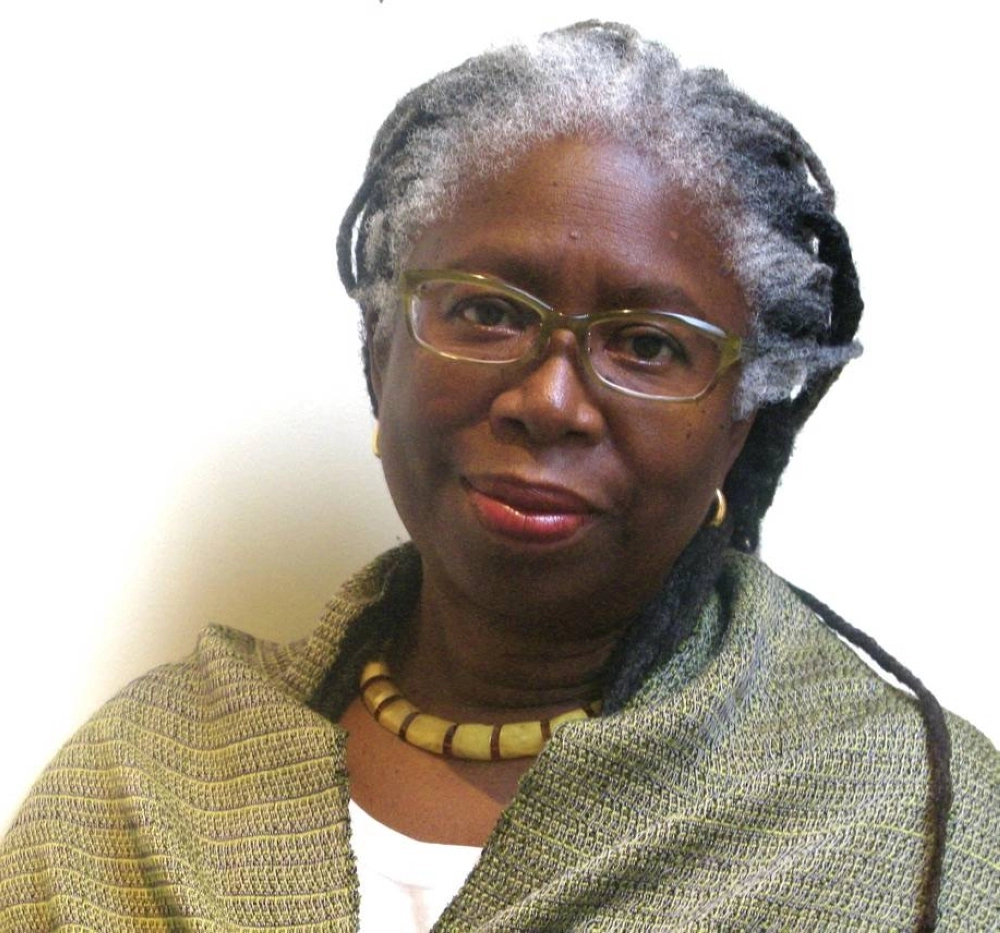There’s no doubt American writer Karen Hill Anton knows Japan, past and present. As a resident of rural Shizuoka Prefecture for nearly 50 years, she reveals a perspicuous understanding of her setting on every page of her debut novel, “A Thousand Graces.”
The book centers on a young Japanese woman, Chie Uchida, who grapples with the constraints of life in the countryside and the gender expectations of Japanese society in the 1970s. Skillfully rendered with Anton’s detached yet wise narration, Chie’s difficulties bearing societal pressures and her uncertainty about what she wants in life are both realistic and painful to witness. An early description captures Chie’s emotional struggle: “She wondered how much of her life she would be able to create, how much she would be able to leave up to chance. While she sensed the temptation of what could be imagined, she was fearful of what was unknown, and feared most any big change that would take her away from her life, her family, from all she knew. Still, she could spend hours daydreaming about things she knew she didn’t know.”
A Thousand Graces, By Karen Hill Anton. 244 pages, SENYUME PRESS, Fiction.



















With your current subscription plan you can comment on stories. However, before writing your first comment, please create a display name in the Profile section of your subscriber account page.